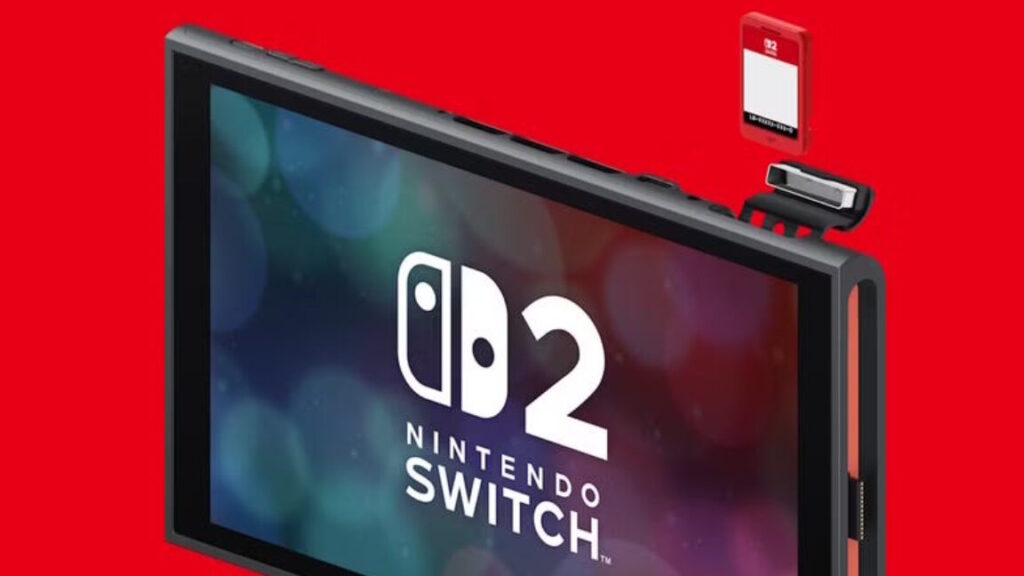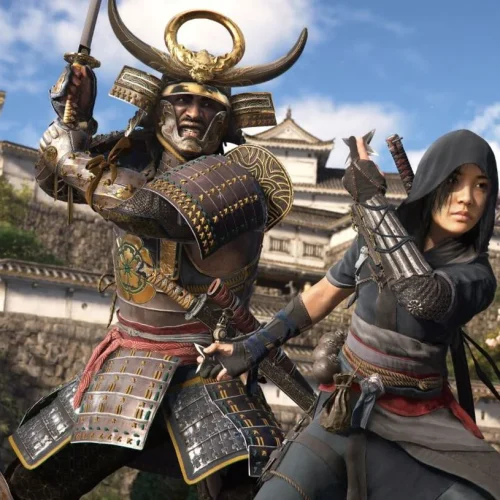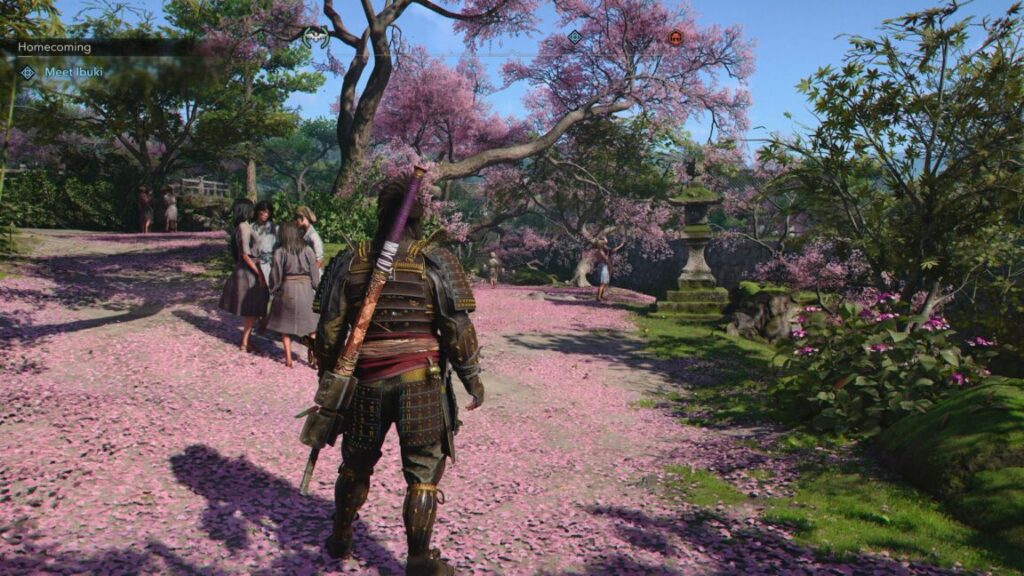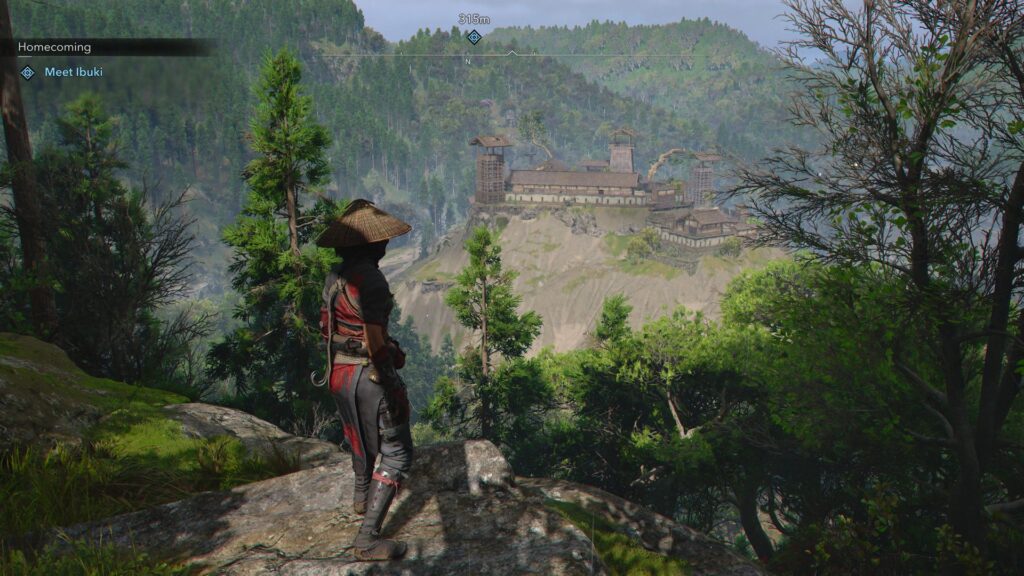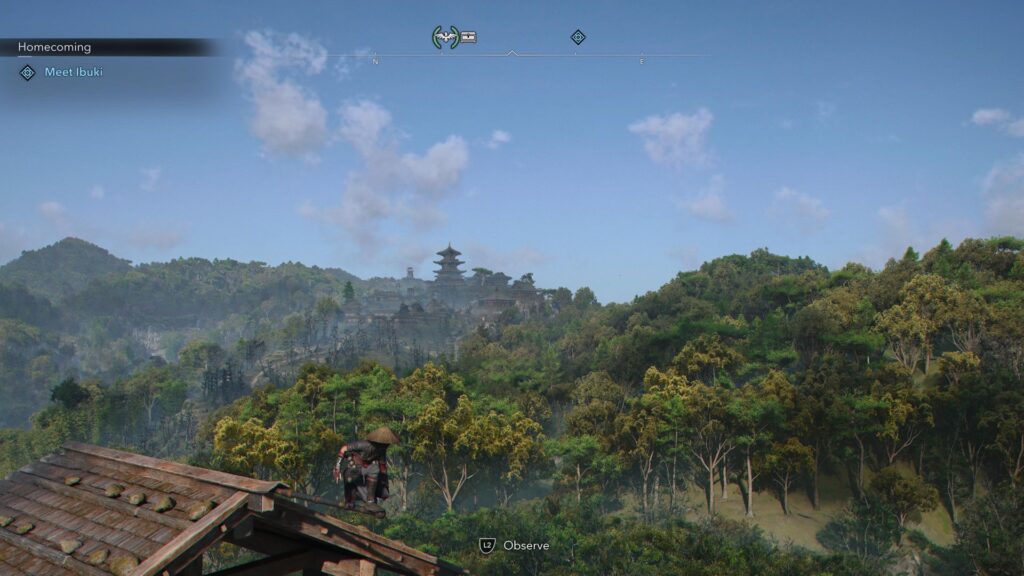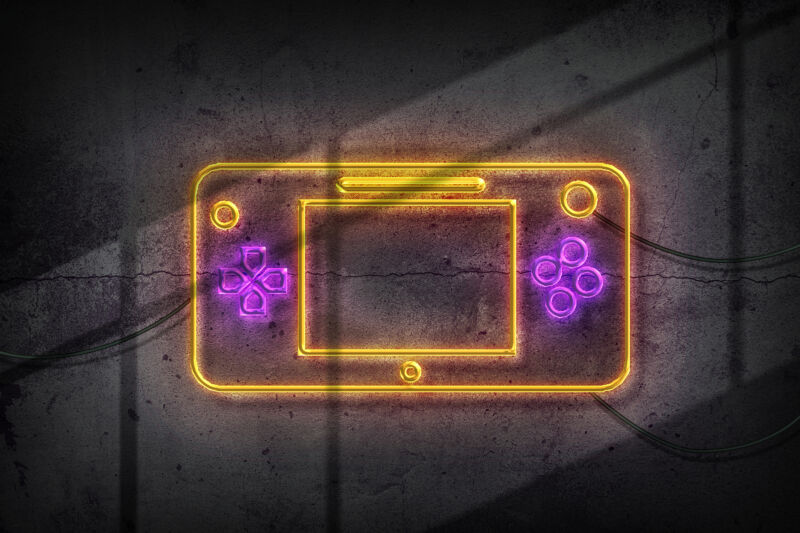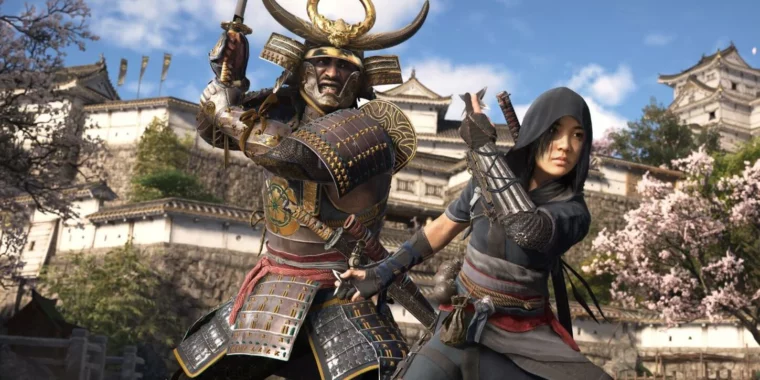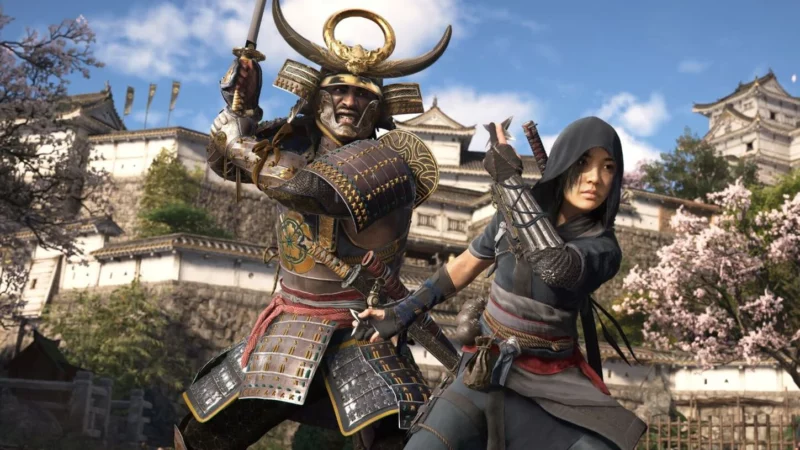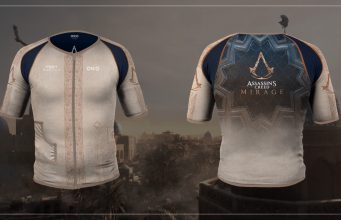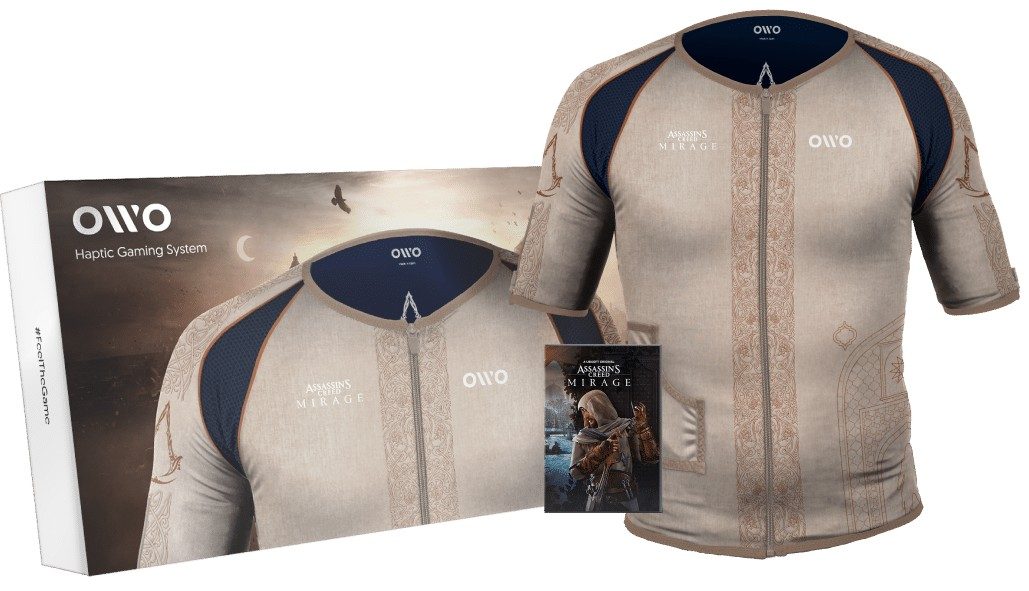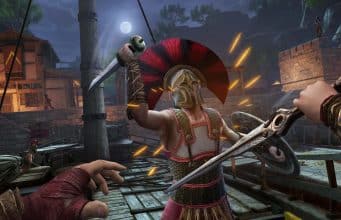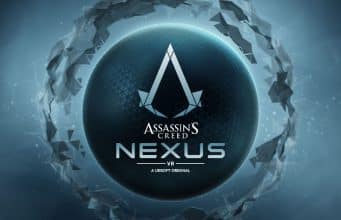Dev says Switch 2’s physical Game Cards were too slow for Star Wars Outlaws port
A video shows how different storage media can affect Mario Kart World load times.
CD Projekt Red VP of Technology Charles Tremblay has alluded to this same challenge when talking about the Switch 2 port of Cyberpunk 2077. In a June interview with IGN, Tremblay said the data transfer speeds enabled by MicroSD Express were “great,” while streaming data from a Switch 2 Game Card was merely “okay.” Tremblay did go on to say that “all the performance we have on [input/output] is very good on [the Switch 2],” especially compared to the extremely slow physical hard drives that plagued Cyberpunk 2077‘s performance on older hardware.
Slow down, you move too fast
From the outside, it’s a bit odd that Nintendo allowed this loading-speed dichotomy to exist on the Switch 2 in the first place. On the original Switch, read speeds for both SD cards and Game Cards reportedly maxed out around 90 MB/s. But when designing the new Switch 2 game cards, Nintendo settled on a format that would stream data much more slowly than for downloaded games on the same console.
That decision might have been an attempt to minimize hardware costs for the Switch 2’s Game Card interface. If so, though, it doesn’t seem to have done much to reduce the costs of manufacturing Switch 2 game cards themselves. The cost of manufacturing those physical Game Cards has been frequently cited as a major reason many publishers are using cheaper Game Key Cards in the first place, though Bantin said that he “[didn’t] recall the cost of the cards ever entering the discussion [for Star Wars: Outlaws]—probably because it was moot.”
Nintendo could get around this variable loading speed issue by letting players pre-install games from a Switch 2 Game Card to internal or expansion storage, as Microsoft and Sony have either allowed or required on their disc-based consoles for decades now. But that solution might prove onerous for physical game card players who want to avoid clogging up the limited 256GB of internal storage on the Switch 2 (and/or avoid investing in pricey MicroSD Express cards).
As time goes on, many developers will likely learn how to adapt to and tolerate the Switch 2’s relatively slow Game Card interface. But as gamers and the industry at large continue to transition away from physical media, some developers might decide it’s not worth compromising on loading speeds just to satisfy a shrinking portion of the market.
Dev says Switch 2’s physical Game Cards were too slow for Star Wars Outlaws port Read More »
